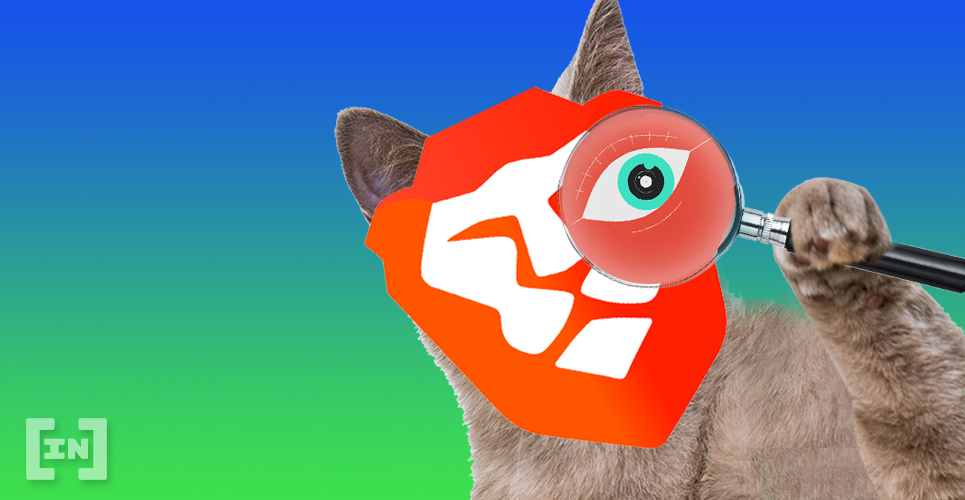Brave Releases Update on its Decentralized Ad Platform

In a June blog post, the team behind Brave, the open-source browser known for its privacy and unique advertising model, published a straw version of one of its research initiatives.
The initiative is an ad platform called ‘THEMIS.’ Themis is a decentralized and private-by-design protocol that aims to improve upon the current Brave ad ecosystem. This new protocol comes with numerous potentially attractive features. According to Brave,
it will give users anonymity, it’s decentralized, it requires zero trust, and provides auditability.
On August 17, the team published part two of an explainer blog series that includes a fleshed-out version of THEMIS.
Our research team presents Part 2 of THEMIS, sharing a full version of the THEMIS protocol. THEMIS is a private-by-design ad platform that leverages a sidechain and smart contracts to eliminate centralized ad network management. https://t.co/1l6BZjsLQF
— Brave Software (@brave) August 17, 2020
Towards a Decentralized Ad Experience
The article starts by discussing the issues with the straw version,
to address the open problems regarding trust in StrawTHEMIS, we use a proof-of-authority (PoA) blockchain, where the protocol logic and payments are orchestrated by smart contracts.
Another primary issue touched on is that the first iteration required a centralized entity to manage the underlying protocol. According to Brave, this is “a deficiency we tackle as the next stage of progressive decentralization.”
As outlined by the post, the solution is to rely on “untrusted campaign facilitators (CFs).” The CFs are intended to negotiate policy, deploy smart contracts, and handle on-chain payments. In other words, make the THEMIS system run smoothly.
Although THEMIS can be deployed by any ad network, the intent is to lay out a progressive approach to decentralize Brave’s ecosystem, fueled by the BAT token. In the context of BAT ads, the obvious first CF would be Brave itself.
However, the THEMIS protocol is designed to support multiple CFs running multiple campaigns in the same sidechain, and this is where the “progressive decentralization” comes in. Brave is imagining a system where “independent CFs can join the network after being vetted by the PoA consortium.”
These CFs would be incentivized to join and facilitate the ad catalog by receiving advertisers’ processing fees. The post likens this to existing volunteer networks like Tor nodes or Gnutella peers where power gets distributed over time.
The ultimate significance of all this is that it could enable Brave to deliver on the central tenets of the BAT-based advertising ecosystem: provide privacy by default, restore control to users over their data, and create a marketplace where Brave users are incentivized to watch ads and to contribute to creators in a decentralized way.
Brave Is Experiencing Growing Pains
Although, as of now, THEMIS is primarily a research effort, any progress is good news for Brave. This is especially true as the project grapples with a growing number of users who have become frustrated by various kinks in the ecosystem.
In a recent post on the Brave community forum, one user summarized the problems,
all you have to do is look at forums and social networks, about all the people having issues with receiving their BAT every month, not receiving credit for referrals, not receiving their BAT tips, and many other issues.
There are more than a few examples like this, and it appears that some are losing trust in the project. Others, however, remain patient and highlight that the project is still young and ambitious and that the rewards system technically works although it’s still in a beta stage.
As another user put it,
if you don’t freak out if there’s some glitch and follow up with them, then everything is fine.
A longer version of Brave’s THEMIS blog series is available on Arxiv, and the team has also made public a client-side and smart contract of the core blocks for running the protocol.
Disclaimer
All the information contained on our website is published in good faith and for general information purposes only. Any action the reader takes upon the information found on our website is strictly at their own risk.
Source link







